Instead of pursuing an abstract thesis, he focused on solving a lab-based problem: how to use artificial intelligence to accelerate the design of cathode materials at the atomic level.
“At work, I rarely had the opportunity to study theory and mostly applied pre-built models. Through the master's program, I was able to delve into advanced AI architectures and apply that knowledge immediately to work,” Shin said.
LG Electronics' AI Research Graduate School, established in 2022 and officially recognized by the government in August 2025, marks a major milestone. It is the first graduate school in Korea run by a company, opening a new model in training technology human resources.
Unlike traditional universities, where the focus is on academic research, LG’s programs are practical. Students solve specific problems in the factory or lab and bring the results back to work. The school’s goal is not just to provide a degree, but to create tangible solutions that directly serve businesses.
LG emphasizes that the big differentiator is the ability to provide students with access to advanced data and equipment, resources that many universities do not have. This allows students to research and apply AI right away in essential areas such as new materials, smart manufacturing or industrial process optimization.
“To compete globally, Korea needs talent that can solve industry-specific problems, rather than just general knowledge,” said a senior director at LG AI Research.
LG is not the only Korean company that sees an opportunity. Samsung Electronics has operated the Samsung Semiconductor Institute of Technology (SSIT) since 1989, offering undergraduate programs and partnering with Sungkyunkwan University to train masters and doctoral students.
SK Hynix also launched “SK Hynix University” in 2017 to train semiconductor employees, and has partnered with universities such as Hanyang and Sogang. Hyundai Motor is said to be considering a similar approach.
The biggest driver behind these initiatives is the global shortage of AI and high-tech talent. As major tech companies compete fiercely to recruit experts, South Korea faces the risk of a brain drain. The establishment of internal graduate schools is expected to both retain employees and create an academic environment closely linked to manufacturing practices.
Despite its groundbreaking nature, the model has been met with skepticism. Some scholars worry that corporate control of graduate schools could lead to bias, focusing too much on short-term gains at the expense of long-term fundamental research.
Furthermore, as corporate institutions begin to compete for already limited research funding, budget pressures on public universities may increase. This raises the question of whether the Korean education ecosystem will be thrown out of balance as the private sector becomes more involved in higher education. Furthermore, if programs are too focused on short-term projects, there is a risk that students will lack a broad research perspective.
“Companies can provide in-depth lectures, but maintaining a rigorous academic program is another story,” said Professor Lee Kyoung-jun, who teaches at Kyung Hee University. “Universities exist for independent research, while businesses tend to narrow their focus to short-term needs.”
Source: https://giaoducthoidai.vn/han-quoc-doanh-nghiep-mo-truong-sau-dai-hoc-post749776.html








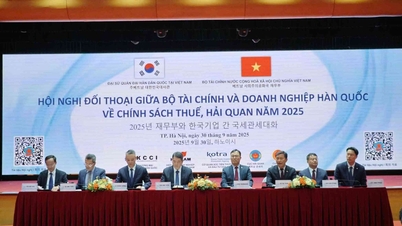

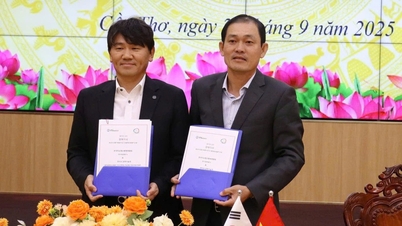

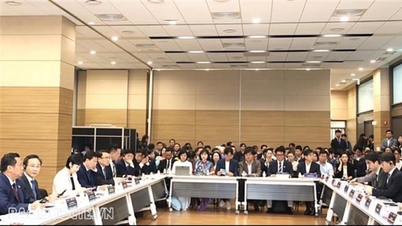


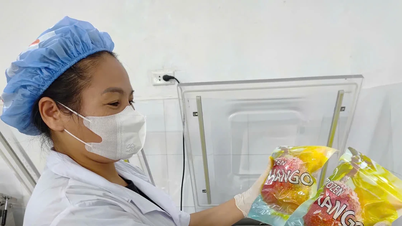

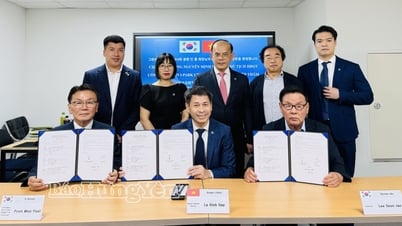







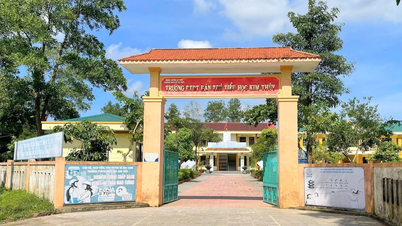
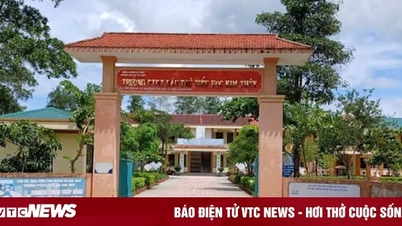












































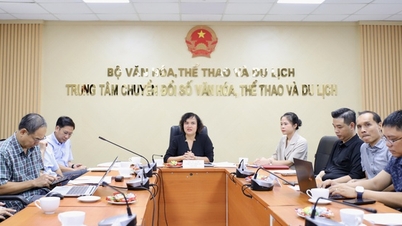
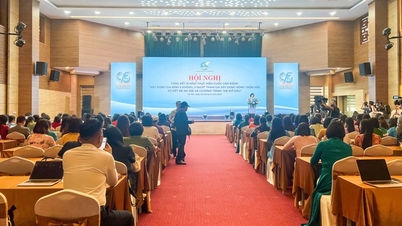




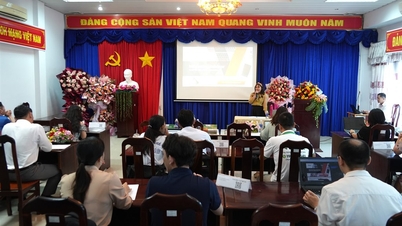





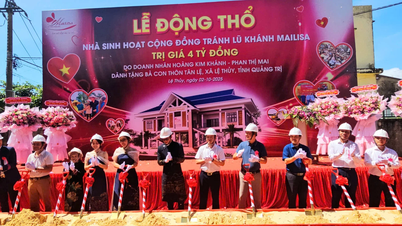
















Comment (0)